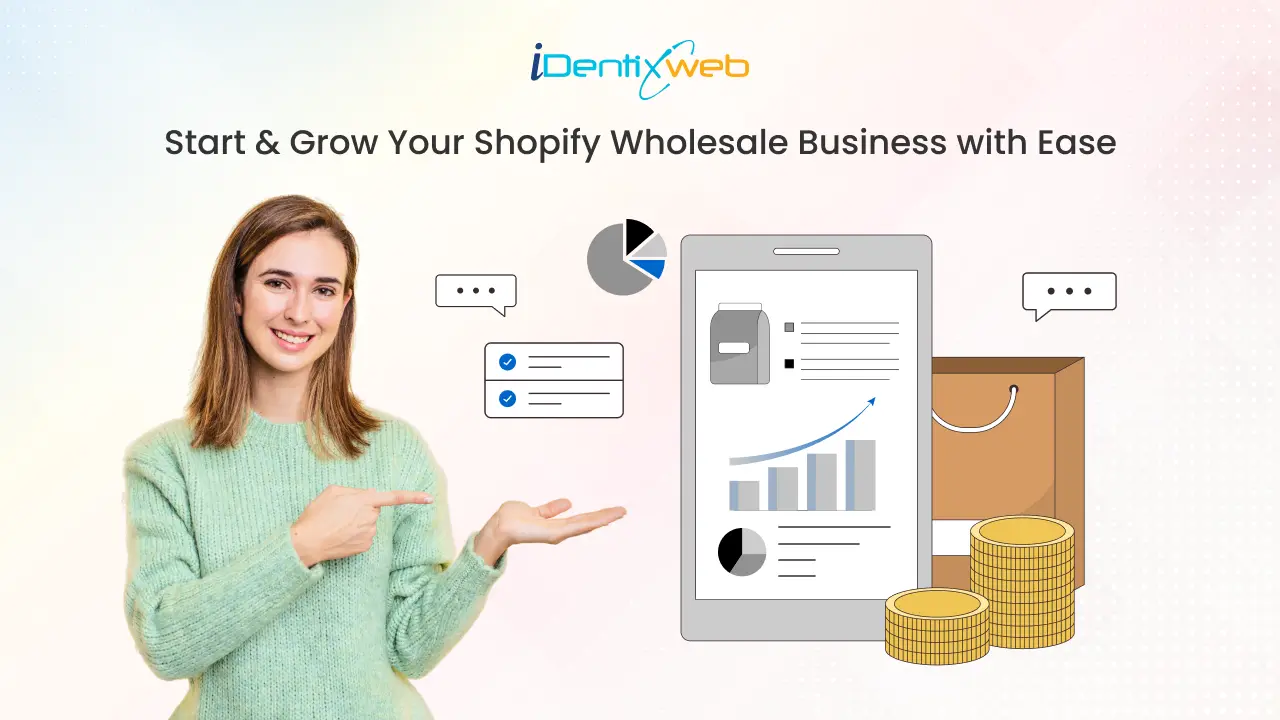
Launching a wholesale business is a great way to grow or add onto your existing Shopify store. You may have businesses reaching out to you wanting to buy your product in bulk, or you're looking to break into a new market. A Shopify wholesale store can be a great option for you. For Shopify Plus merchants, they have a wholesale channel just waiting for your use. For those that are not Shopify Plus, do not worry because it is not too arduous to grant wholesale pricing to specific customers and expand your Shopify B2B ecommerce operations.
The good news is, Shopify's platform was designed to incorporate wholesale for merchants. Shopify's wholesale tools will enable you to address the workforce that is required for B2B transactions, while embracing the advantages of running an online store.
This article will cover everything you need to know to get wholesale selling on Shopify off the ground.
Lets start with the basics.
Who Should Sell Wholesale on Shopify?
If you would like to increase your market and customer base, and generate more revenue by selling in bulk, then a wholesale business on Shopify could very well be the right choice. Wholesaling isn't the right avenue for every business, but it can be a very strong avenue for growth when you are ready.
Who Could Benefit Most from Wholesale?
US merchants in industries like fashion, beauty, wellness, home decor, tech accessories, and food products are seeing great success with Shopify-powered wholesale stores. Whether you're supplying boutiques, subscription boxes, or chain retailers, Shopify gives you the tools to manage everything—pricing, inventory, order volume, and customer relationships—on one platform.
Let’s look further into stakeholders, and when wholesaling may work for you and when it might not work well.
When Wholesale May Not Be Right for Businesses
While wholesaling has its benefits, there are certain situations where it might not be the best move.
Here are some scenarios where you should think twice before starting a Shopify B2B wholesale store:
Tight Margins
First review your margins before wholesaling because a wholesaling customer typically wants a 50% markup minimum, meaning you're needing to sell at lower than retail pricing.
If you're already selling at lower prices to make a profit, wholesaling might leave you nil or little margin, which is not a wise decision.
Unstable Supply Chain
If your supply chain is unreliable, wholesaling could hurt your business. Wholesale customers rely on you to deliver on time and meet bulk demand. If you can’t fulfill these orders consistently, you risk damaging relationships and losing business.
Retail Competition Concerns
If your wholesale customers are also selling your products at lower prices, it could negatively impact your direct-to-consumer sales on Shopify. Consider carefully how wholesale sales might impact your retail business.
In turn, they might take retail sales from your profit margins. Weigh your potential positives and negatives in wholesaling thoroughly.
When Wholesale Could Be the Perfect Fit for Your Business

If you feel that your business is ready, wholesaling can be really rewarding. Many business owners in the US prefer doing a wholesale business than a retail business.
It might be a better option for you, especially if you want to focus more on selling to businesses instead of individuals.
Benefits of Selling Wholesale on Shopify
1. Simpler Customer Relationships
The number of customers is usually much smaller than retail when selling wholesale. This gives you the opportunity to form much stronger, and in many cases, more meaningful relationships.
Instead of dealing with hundreds or thousands of retail customers, you can really invest in a few wholesale buyers and create lasting partnerships.
2. Predictable Revenue
One of the biggest wholesale benefits is predictable revenue. If you are able to secure wholesale customers, wholesale customers typically order in larger quantities and repeat orders are the norm for wholesale customers.
This creates much more predictable and consistent revenue for your business, which should help stabilize your financials over the long-run.
3. Lower Costs and Less Time on Customer Service
Fewer customers mean fewer support requests, saving you time and resources. Wholesale orders are typically larger, which reduces shipping and fulfillment costs, making your operations more efficient.
4. Larger Production Runs and Reduced COGS
As the demand for your wholesale product increases, you will be able to add capacity and scale up production runs, which will reduce your cost of goods sold (COGS). Selling wholesale will allow you to sell content in bulk and control your costs through scaled production.
5. No Sales Tax Worries
When you sell wholesale, you will no longer need to worry about collecting sales tax for different transactions as you typically do with retail. Your wholesale customers will handle taxes, saving you time and reducing record-keeping responsibilities.
6. Different Objectives in Marketing
While retail customers are focused on how products benefit them, wholesale customers are more concerned with how your products will fit into their stores and their ability to sell them to consumers. If you enjoy marketing to businesses, wholesaling can be a great fit for you.
7. Greater Market Exposure
Wholesaling allows you to expand your reach by selling to businesses that will market your products to their customers. This expands your visibility in a way that retail alone may not, helping you reach a broader audience.
Starting a wholesale business on Shopify is a great way to gain momentum and attract more customers, but it takes time, accurate approaches, and the right implementation.
How to Start a Shopify Wholesale Business
1. Decide What Wholesale Items to Sell
Take a thorough look at the market and identify products that are in high demand, for which you have relevant experience. Below are some of the identified wholesale niches and products that are found in those areas.
| Category | Examples of Shopify Wholesale Items | Target Retailers |
| Beauty & Cosmetics | Organic skincare, makeup kits | Salon, beauty stores |
| Fashion & Apparel | T-shirts, leggings, boutique dresses | Online Clothing Stores, boutiques |
| Electronics | Phone accessories, charger, earphones | Gadget shops, online tech stores |
| Home Decor | Candles, planters, bedsheets | Furniture & lifestyle retailers |
| Food & Beverage | Organic snacks, tea & coffee packs | Grocery stores, cafes |
2. Choose a Reliable Supplier
Selecting the right supplier is one of the most important decisions. You must ensure the supplier offers quality products, reliable delivery times, and competitive pricing. Key factors to consider:
- MOQ (Minimum Order Quantity)
- Consistency and quality of products
- Shipping terms and costs
- Customization options
Here are some popular platforms for finding suppliers:
| Platform | Best For |
| Alibaba | Bulk international sourcing |
| IndiaMART | Local Indian manufacturers |
| Faire | Connecting with boutique brands |
| Wholesale Central | U.S.-based wholesale suppliers |
| Printful/Printify | Print-on-demand and custom goods |
3. Get the Necessary Wholesale Licenses and Permits
Operating a wholesale business requires proper legal documentation and registration. Ensure you have all the necessary licenses before starting your business to comply with local laws. Some of the required permits may include:
- Business Registration (Sole Proprietor, Pvt. Ltd., etc.)
- Sales Tax IDs and State Registration (in the U.S.)
- Reseller’s Permit or Wholesale License
- Import/Export Permits (if applicable)
4. Set a Wholesale Pricing Strategy
To ensure profitability, setting the right wholesale prices is crucial. Consider all costs — product cost, shipping, packaging — and then decide on a margin that works for both you and your clients. Here’s an example of a pricing table:
| Cost Factor | Amount |
| Product cost (from supplier) | ₹200 |
| Shipping & handling | ₹30 |
| Packaging | ₹20 |
| Total Cost | ₹250 |
| Desired Profit Margin (40%) | ₹100 |
| Wholesale Price | ₹350 |
| Suggested Retail Price | ₹700 |
5. Create Your Shopify Wholesale Store
Setting up a Shopify store tailored for wholesale customers is simple and efficient. Shopify’s flexibility allows you to create a dedicated B2B channel with tools that cater to wholesale operations. Key features you should include:
- Customer logins and registration forms
- Tiered pricing and discount rules
- Product restrictions (wholesale only)
- Quick order forms and bulk add-to-cart options
- Minimum order value enforcement
To make this process even easier, Shopify apps like Wholesale Hero & B2B Pricing are specifically designed to help you maintain wholesale operations without needing Shopify Plus.
How Wholesale Hero & B2B Pricing Help Your Shopify Wholesale Business

- Custom Pricing: Define pricing for various customer categories (i.e., Silver, Gold, or Platinum).
- Volume Discounts: Sell more by offering bulk pricing incentives.
- MOQ Control: Limit the ability of retail customers to shop by requiring minimum order quantities and control who buys wholesale.
- Quick Order Forms: Make ordering easy and allow customers to create quick bulk orders.
- Custom Invoices: Provide custom quotes and create draft orders.
- B2B Experience: Provide wholesale customers a professional experience.
Conclusion: Future-Proof Your Wholesale Strategy Today
There is enormous opportunity to start and scale a Shopify wholesale business. If you have the right tools, plans, and resources, you can build a healthy B2B business, generating predictable and recurring revenue each month. Shopify's versatile platform and apps such as Wholesale Hero and B2B Pricing, can help you operate your wholesale business and provide a seamless shopping experience for your wholesale customers.
Don't wait – set up your Shopify wholesale store, use some powerful apps and watch your business blossom!
FAQs
1. Can I have both retail and wholesale on one Shopify store?
Yes, Shopify allows for both retail and wholesale on one store with the help of apps and good customer segmentation.
2. Do I have to be on Shopify Plus for wholesale?
No, you do not have to be on Shopify Plus. You can get similar options from apps such as Wholesale Hero at a lower cost than Shopify Plus.
3. Is Shopify good for wholesale?
Yes, Shopify is great for wholesale. Shopify gives you flexible tools and apps to create a wholesale channel, manage bulk orders, and offer custom pricing to B2B customers while integrating with your retail sales.
4. How can I sell to different customers with different prices?
You can set up different pricing tiers based on customer tags. Using wholesale app, Wholesale Hero, you can create your tiers and group your customers accordingly.
5. What are some features to look for in a wholesale app?
Look for key features including; custom pricing, control of which products customers can access, quick reorder options, and multi-currency.


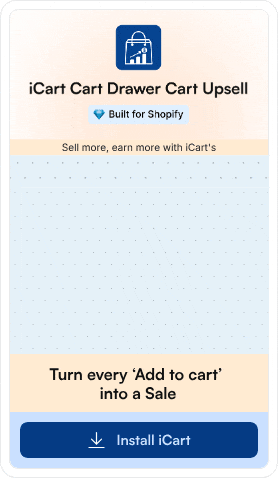
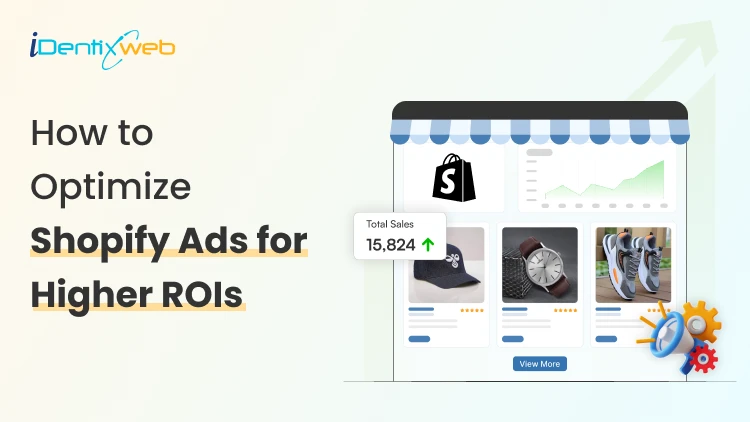
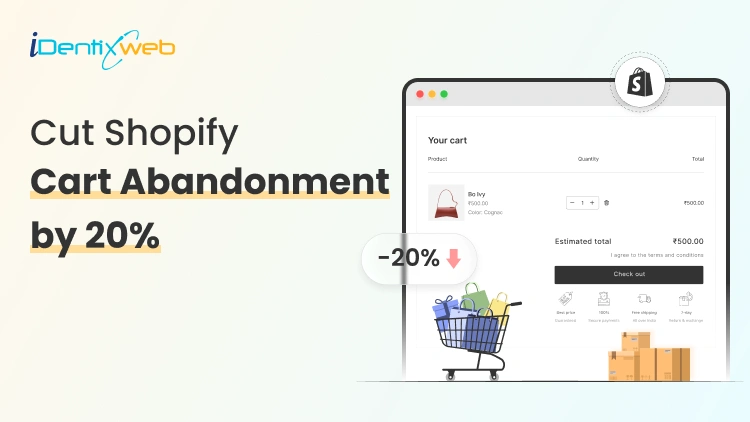
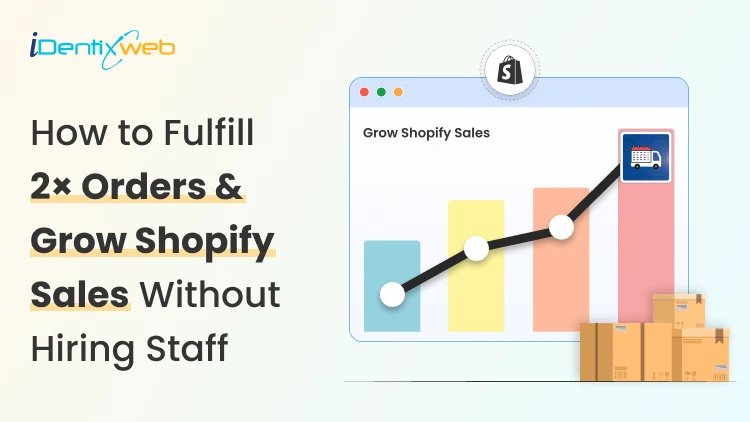

About the author
Bhavesha Ghatode
Explore Content with Bhavesha, a passionate and dedicated technical content writer with a keen understanding of e-commerce trends. She is committed to sharing valuable insights, practical assets, and the latest trends that can help businesses thrive in a competitive environment.